Focus
Your Present Location: HOME> Focus-
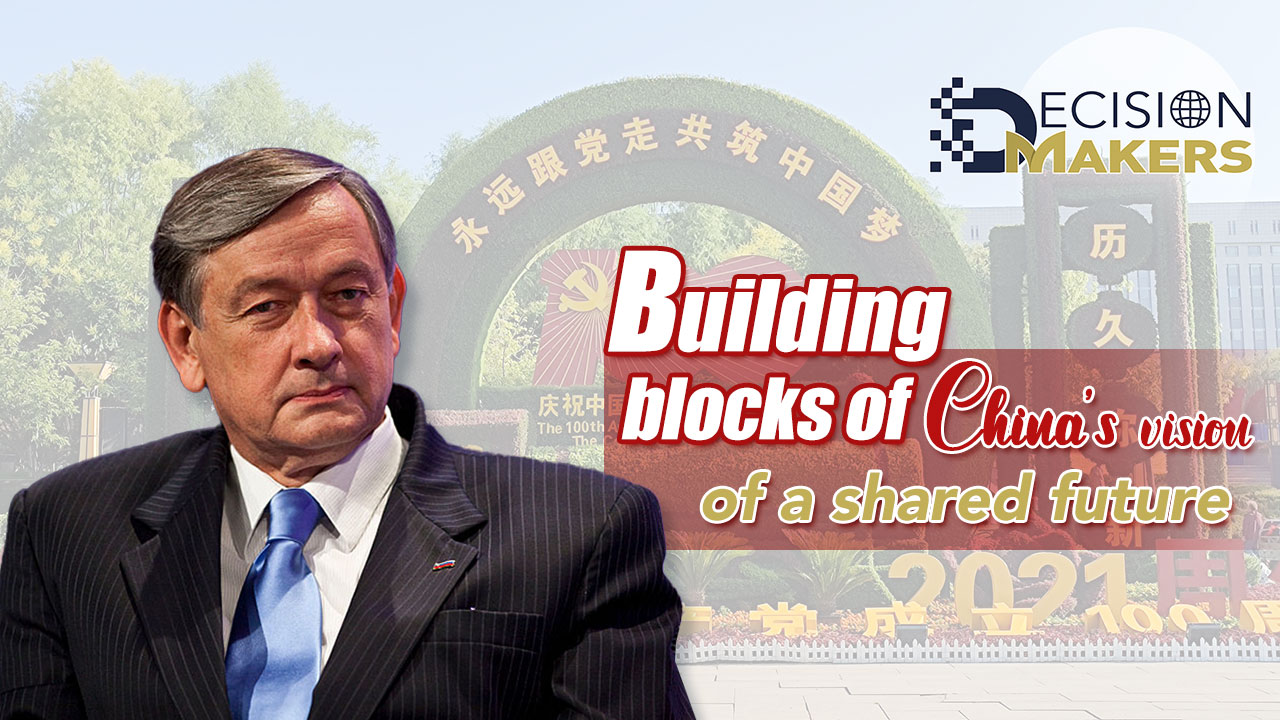
Danilo Türk: Building blocks of China's vision of a shared future
Chinese President Xi Jinping explained his vision for a community with a shared future for mankind at the 19th Congress of the Communist Party of China in 2017. Four years later, there are two important reasons why now is the time to discuss the next steps.
2021-06-30 -
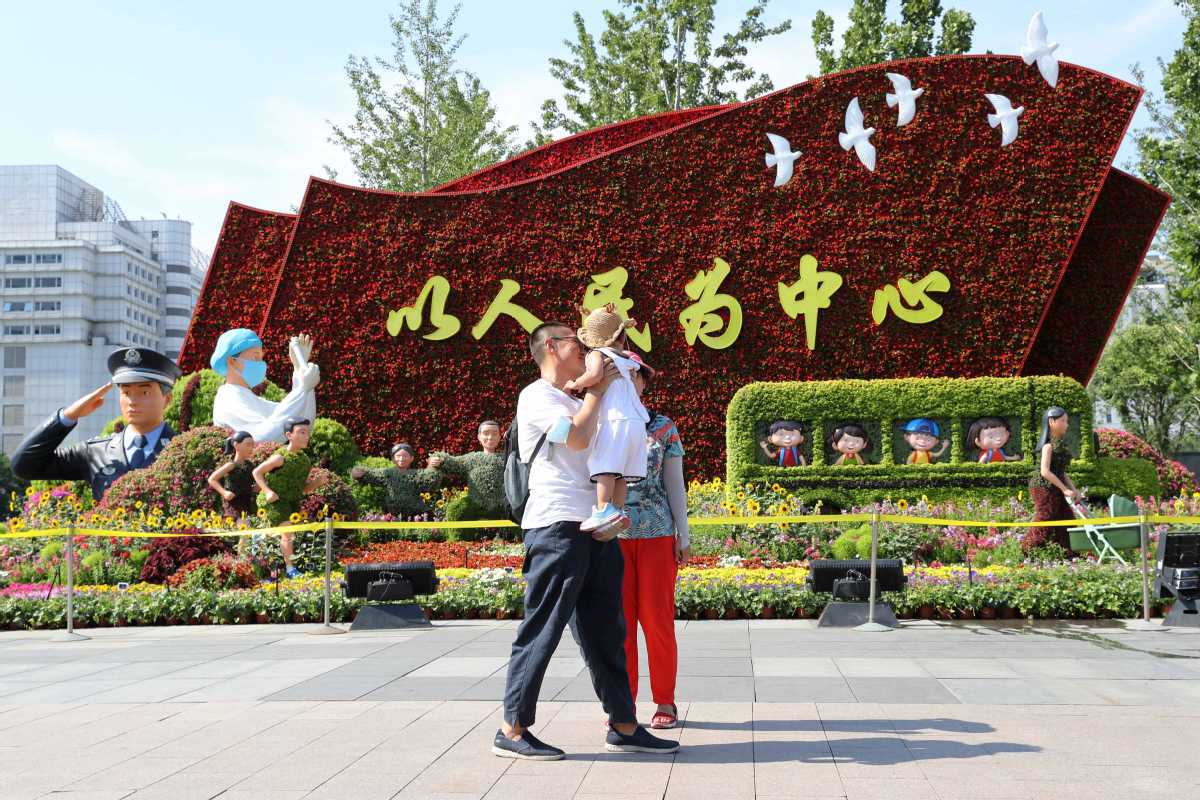
Wang Yiwei: Better understand history, better understand CPC
Understanding the Communist Party of China is the key to rebuilding China-US political mutual confidence, because some Americans' wrong notions about China are related to their misunderstanding of the CPC. Party leadership, as inscribed in China's Constitution, is the most fundamental characteristic and biggest systemic advantage of socialism with Chinese characteristics. Only when the US understands and respects this will it stop finding fault with China on the latter's domestic affairs.
2021-06-30 -
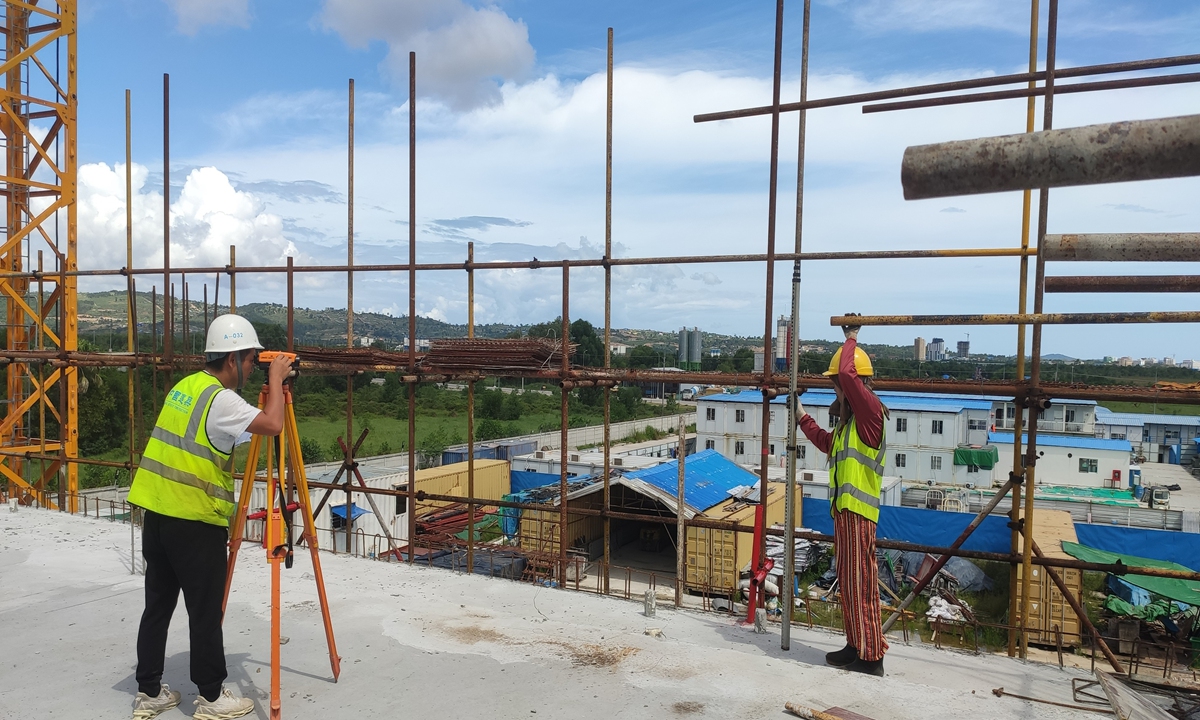
Liu Ying: Chinese companies leverage new technology to protect environment under the BRI
Inside the construction area of the Kompong Dewa Resort in Sihanoukville, Cambodia, Chinese builders from the China Eighth Engineering Bureau, a subsidiary of the state-owned construction giant CSCEC, have implemented a green construction concept to the ground.
2021-06-29 -

Wang Wen: Reinterpreting twists and turns of China’s century-long history
Foreigners are used to observing China with current events. In this column, I would like to explain the twists and turns in the development of China's modernization from the perspective of its "long history," by using British historian Eric Hobsbawm's most famous tetralogy: The Age of Revolution: 1789 - 1848, The Age of Capital: 1848 - 1875, The Age of Empire: 1875 - 1914 and The Age of Extreme: 1914 - 1991 as a reference.
2021-06-29 -
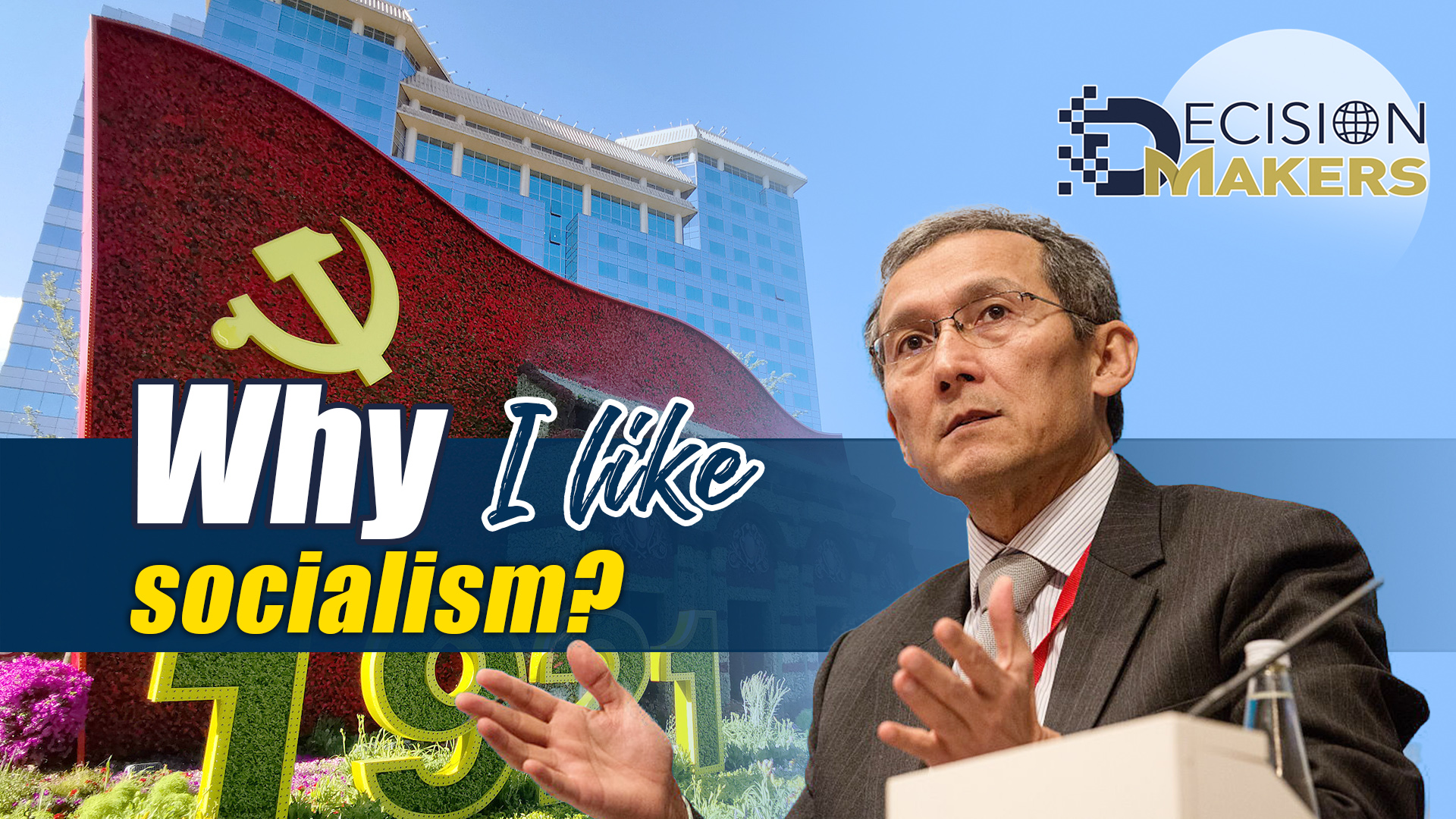
Djoomart Otorbaev: Why I like socialism?
The debate about which socio-political system is the best for humanity has been going on for several centuries. In essence, the discussion revolves around how a country's national wealth is obtained and how it is distributed among its citizens.
2021-06-29 -

William Jones: Canada's real 'genocide' yet to be revealed
Canada decided to "take the point" in the Anglo-American campaign to paint China's policy in Xinjiang Uygur Autonomous Region as "genocide," leading a group of countries at the UN Human Rights Commission to sign on to a call for "immediate access" for the head of the Human Rights Commission, Michelle Bachelet, to Xinjiang to investigate the claims about human rights abuses.
2021-06-28 -
Liu Zongyi: China-Pak to strengthen all-weather partnership: Chinese scholar
This year marks the 70th anniversary of the establishment of diplomatic ties between China and Pakistan.
2021-06-28 -
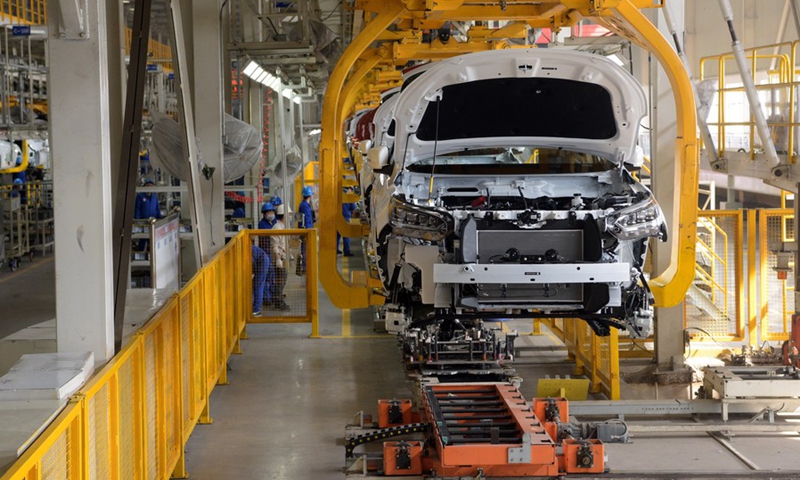
He Weiwen: Chinese manufacturing a ‘key anchor’ in taming global inflation fueled by developed nations: official
The top official at China's banking watchdog on Thursday warned that monetary easing in developed countries has reached an unprecedented level, fueling global inflation that will be felt by the entire world, while noting that China's products are serving as a "key anchor" in stabilizing inflation.
2021-06-25 -
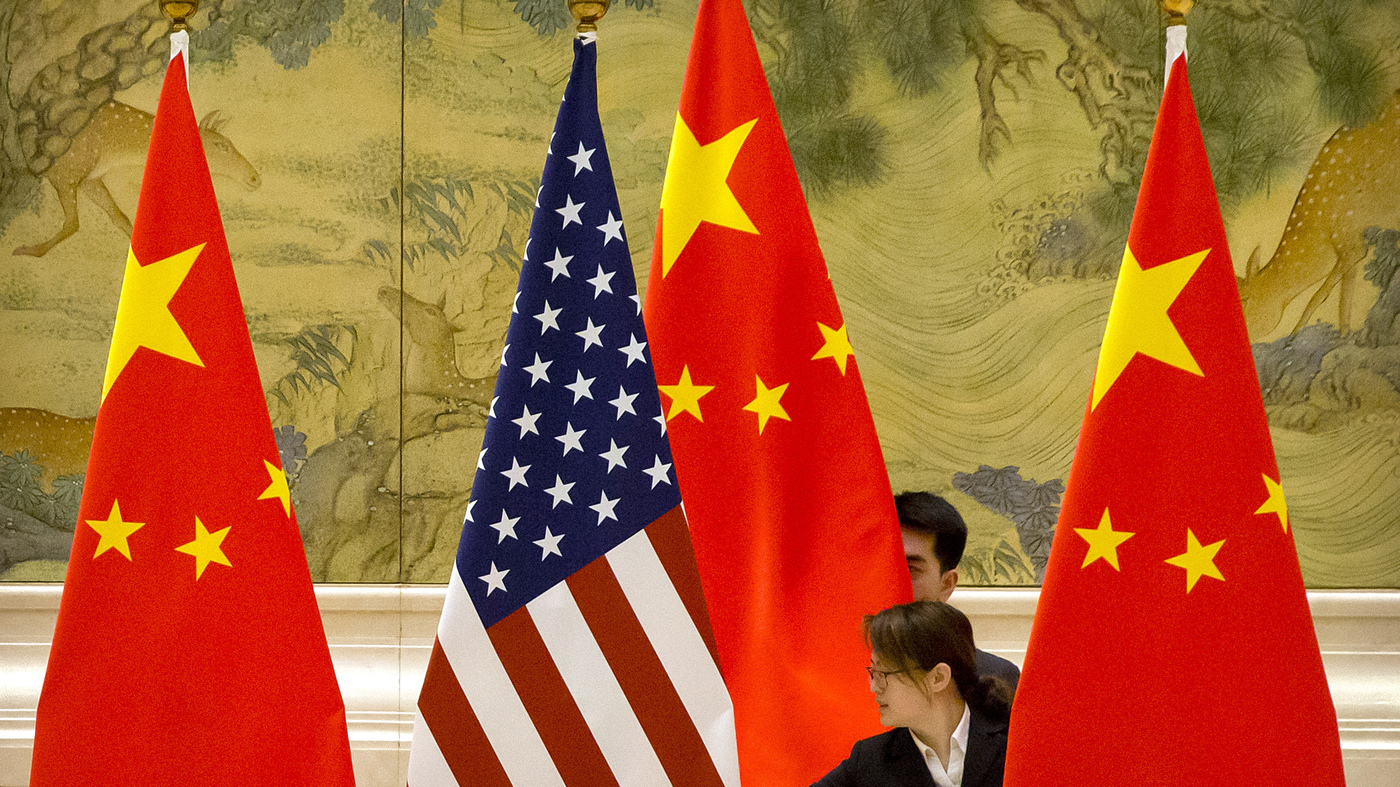
He Weiwen: China’s new anti-foreign sanctions law sends cold air to the business community: NPR
For the past three years, the United States and the European Union have imposed a series of sanctions on Chinese officials and businesses. Now China has created a new legal tool to fight back.
2021-06-25 -

Ding Gang: Chinese vs US brands: Who will have the last laugh?
According to a recent global ranking by Kantar's BrandZ, Amazon, Apple, Google and Microsoft are the world's most valuable brands, followed by China's tech giants Tencent and Alibaba.
2021-06-24 -
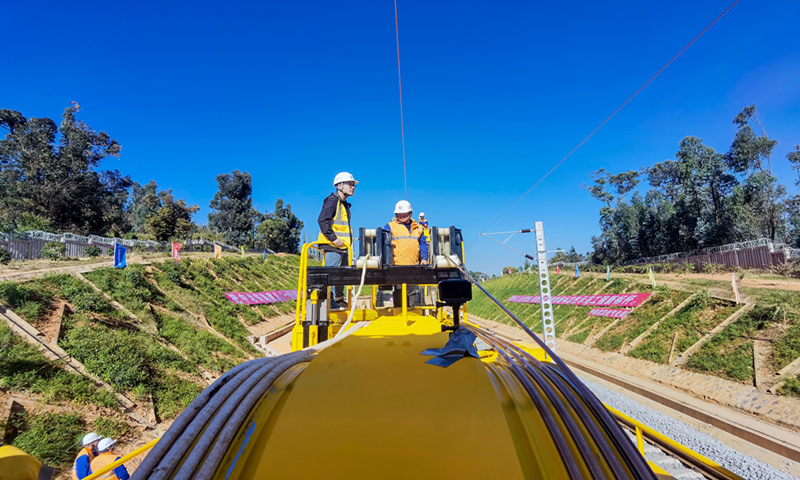
Wang Yiwei: G7's infrastructure plan mostly for purpose of propaganda: analysts
The G7's newly-hatched "Build Back Better World" (B3W) plan aims to help poor countries build up infrastructure and counter China-proposed Belt and Road Initiative (BRI).
2021-06-24 -
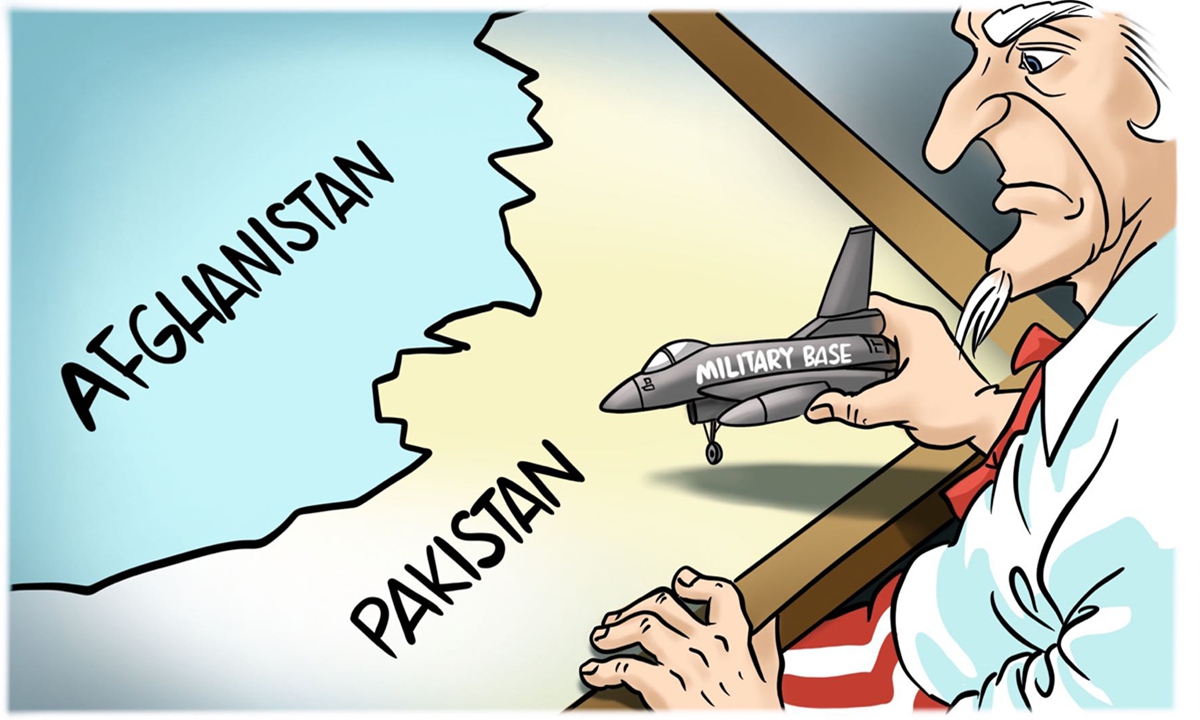
Zhou Rong: Why Islamabad firmly forbids CIA using country as proxy base
Pakistan will "absolutely not" allow the CIA to use bases in the country to conduct cross-border counterterrorism missions against Taliban after US troops withdraw from Afghanistan, said Pakistani Prime Minister Imran Khan to "Axios on HBO" in an interview aired on Sunday.
2021-06-23 -
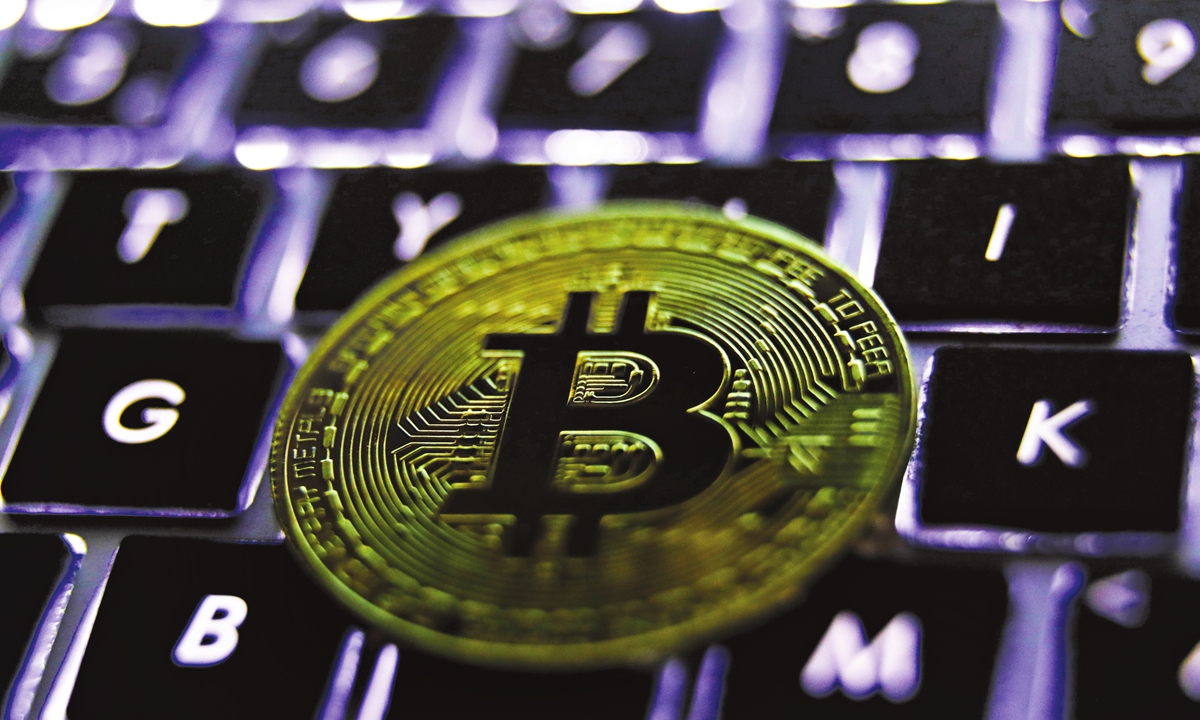
Dong Shaopeng: China’s central bank tells banks, institutions to cut cryptocurrency payment links
China's central bank on Monday held talks with a number of Chinese banks and payment institutions with regard to cryptocurrency trading speculation, asking them to screen the capital accounts of cryptocurrency exchanges and over-the-counter dealers and cut relevant payment links, in what is said to be a thorough clean-up of cryptocurrency transactions in the country.
2021-06-23 -
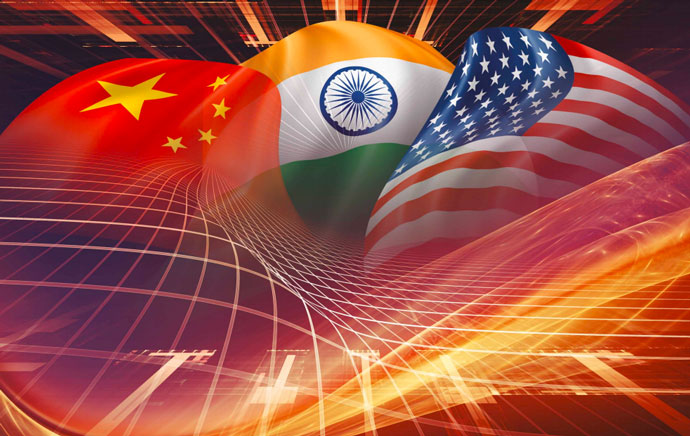
He Yafei: Time to End the Gamesmanship
The world is witnessing great changes unseen in a century: changes in the global balance of power, traditional security threats from geopolitical competition and such nontraditional security threats as the spread of the pandemic that have converged like never before. Add to that the rapid progress brought by the technological revolution, which has changed ways of life and production, and the wrangling between globalization and deglobalization that has accelerated adjustments in the very meaning of the terms.
2021-06-22 -
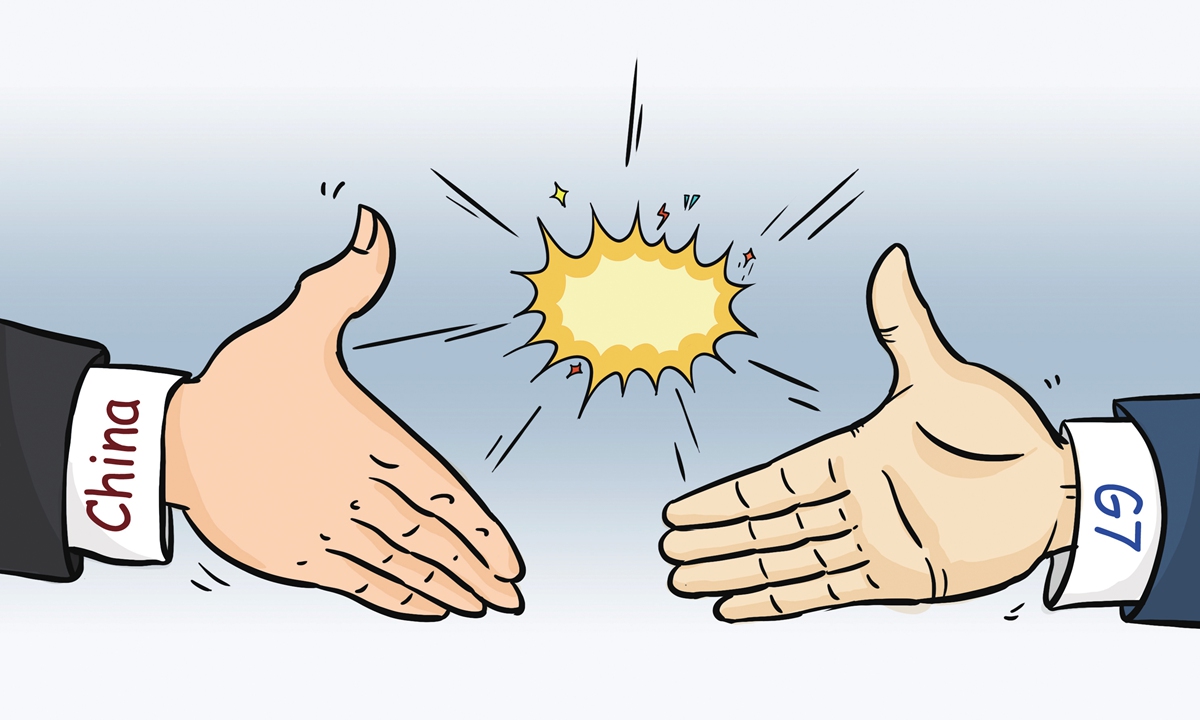
Wang Wen: China’s power kick starts West to adjust
During the first G7 summit since the outbreak of the COVID-19 pandemic, a war of words has seeped into the political and public opinion fields in two sides of the Eurasian continent. It has also crept in between the eastern and the western sides of the Pacific Ocean.
2021-06-22 -
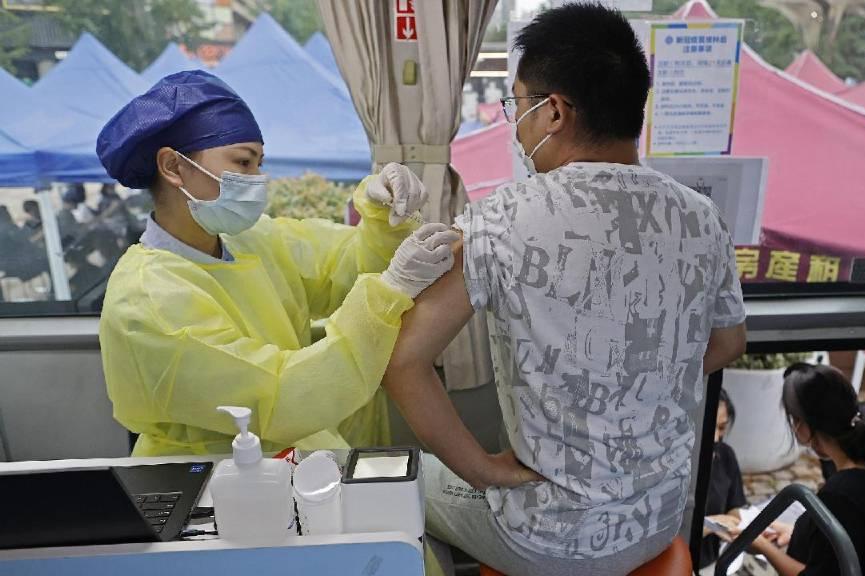
Liu Zhiqin: China's unemployment rate falls steadily since pandemic peak
2021-06-22 -
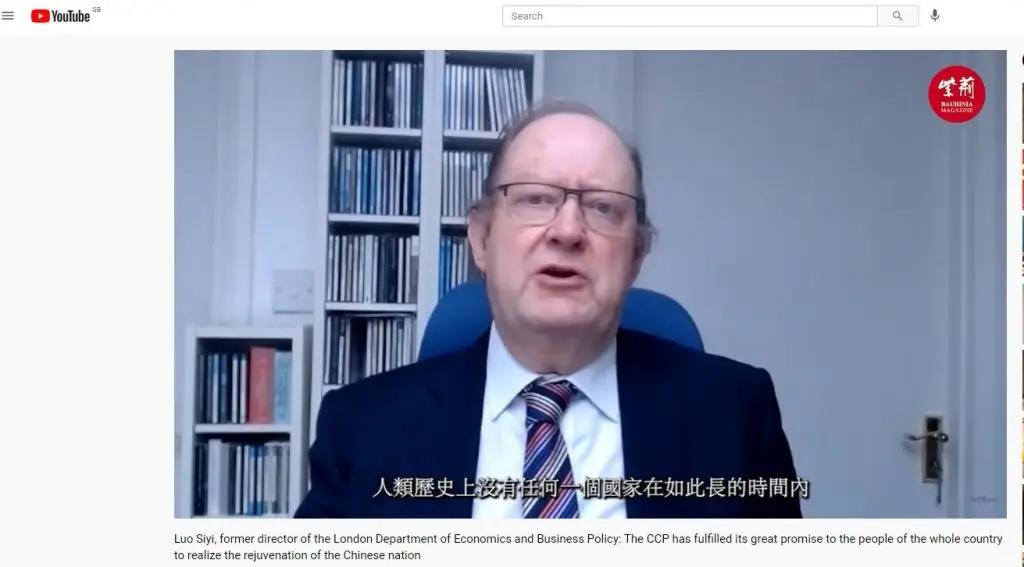
John Ross: The CPC has led the greatest improvement in the conditions of the greatest proportion of humanity in human history
Any examination of the facts arrives at a clear conclusion which may be simply stated. The CPC has been responsible for leading by far the greatest improvement in the conditions of the greatest proportion of humanity in the whole of human history. This is not boasting, a rhetorical statement,. It is simply a statement of fact. But such a gigantic human fact necessarily has the greatest implications not only for China but for the world. This is explained in his video speech to a conference in Hong Kong on the 100th anniversary of the founding of the CPC.
2021-06-21 -
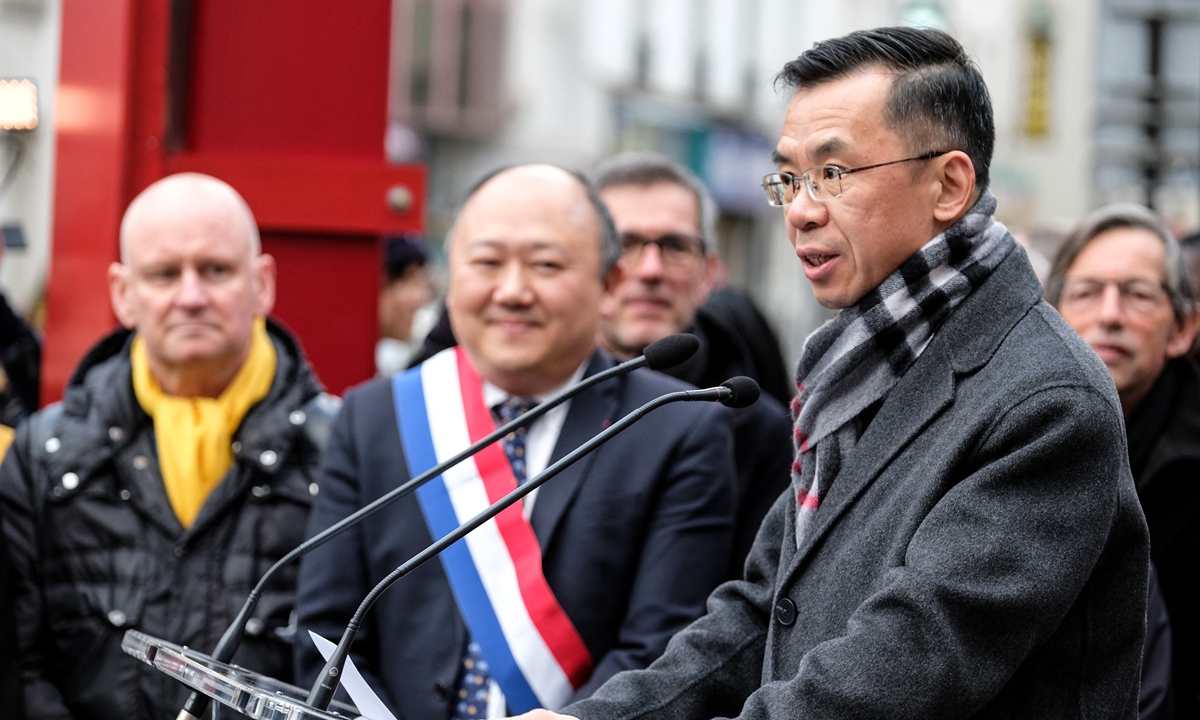
Wang Wen: Outspoken Chinese envoys stick to 'self-defense' diplomacy for respectable national image
Outspoken Chinese ambassador to France Lu Shaye has drawn attention recently for being the first Chinese diplomat to justify China's "self-defense" diplomacy amid foreign media's groundless speculation that making a "lovable" China would mean abandoning the so-called "wolf-warrior" diplomatic style.
2021-06-21 -

Grzegorz W. Kołodko: Quest for inclusive globalization
The G7 members should concentrate on working to ensure a more equal and fairer world rather than telling others what to do.
2021-06-21 -
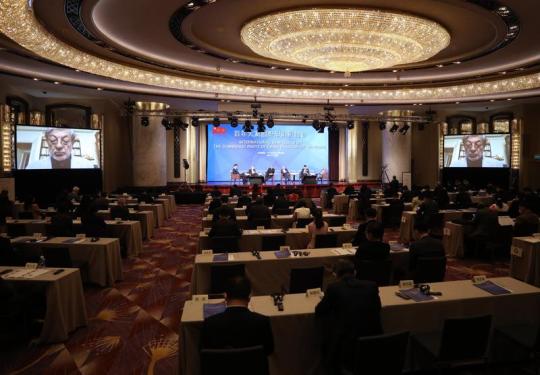
Martin Jacques: West can learn from most 'formidable' CPC
Foreign experts and scholars on Wednesday said the achievements made by China under the leadership of the Communist Party of China are of great significance to other economies and the West should learn more about the most "formidable" political party in the world.
2021-06-18
























































































 京公网安备 11010802037854号
京公网安备 11010802037854号





